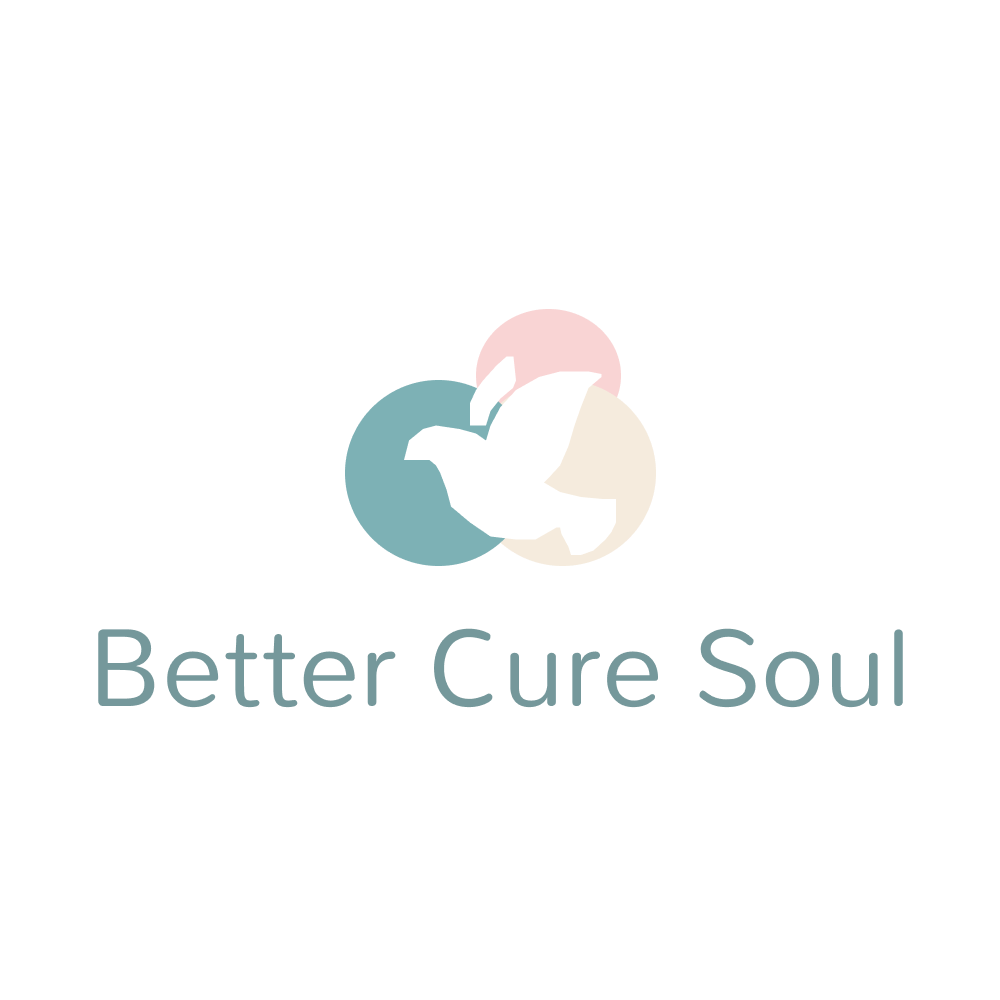Is Excessive Praise or Flattery dangerous?
Exploring the detrimental effects of excessive praise and privilege, and how it can impact individuals in the long run.

In today's society, it is not uncommon to see individuals being showered with excessive praise and granted various privileges from a young age.
Whether it's due to their talents, social status, or other reasons, these individuals often stand out in the crowd.
However, beneath the surface, there may be unseen consequences of being "special." In this blog post, we will explore the long-term effects of excessive praise and privilege and shed light on the potential drawbacks they hold.
The Drawbacks of Excessive Praise or Flattery
While receiving praise can be uplifting and motivating in the short term, excessive praise or flattery can have lasting negative effects on individuals.
1. Unrealistic Self-Perception

Excessive praise can lead individuals to develop an inflated sense of self-worth, believing they are invincible and can do no wrong. This can contribute to an unrealistic self-perception and a lack of self-awareness, hindering personal growth and development.
2. Struggle with Failure

When individuals are constantly praised for their successes, they may find it difficult to cope with failure. They may have never learned to handle setbacks or cultivate resilience because they were shielded from challenges by excessive praise. Consequently, this can lead to difficulty adapting to adversity and dealing with setbacks in the future.
3. External Validation Dependency

Excessive praise can create a reliance on external validation and approval. When individuals rely heavily on others for validation, their self-esteem becomes fragile, as it is contingent upon the opinions and judgments of those around them. This dependence on others' approval can hinder their ability to develop a strong and independent sense of self.
The Pitfalls of Privilege
Being granted privileges from a young age may seem like a dream come true, but it can also have long-term consequences.
1. Entitlement Mentality

Privilege can foster an entitlement mentality, where individuals believe they deserve favorable treatment due to their privileged status. This mindset can hinder their ability to empathize with and understand the challenges faced by those less fortunate. It can also strain their personal relationships as they struggle with a sense of entitlement.
2. Lack of Resilience and Problem-Solving Skills

Privileges can shield individuals from real-world obstacles and challenges. Without experiencing adversity, they may lack the resilience and problem-solving skills necessary to overcome difficulties. This can hinder personal growth and leave them ill-prepared to handle future obstacles.
3. Shallow Relationships

Privilege can lead to a distorted social circle, with relationships often built on the basis of social status rather than genuine connections. This can result in superficial friendships, where individuals may struggle to find authentic emotional support and meaningful connections.
Overcoming the Special Syndrome
If you find yourself identifying with the effects of excessive praise and privilege, there are ways to overcome the Special Syndrome:
1. Cultivate Self-Awareness

Take a step back and critically evaluate your own strengths and weaknesses. Strive for a realistic self-perception that acknowledges both your talents and areas for growth.
2. Embrace Failure and Growth

Embrace failure as an opportunity for growth and learning. Allow yourself to experience setbacks and use them as stepping stones toward personal development.
3. Seek Genuine Connections

Focus on building genuine connections based on shared values and interests rather than social status. Surround yourself with individuals who support and challenge you to grow.
4. Practice Gratitude and Empathy
Regularly express gratitude for the privileges you have and cultivate empathy for those less fortunate. Engage in meaningful acts of kindness and contribute to your community.




